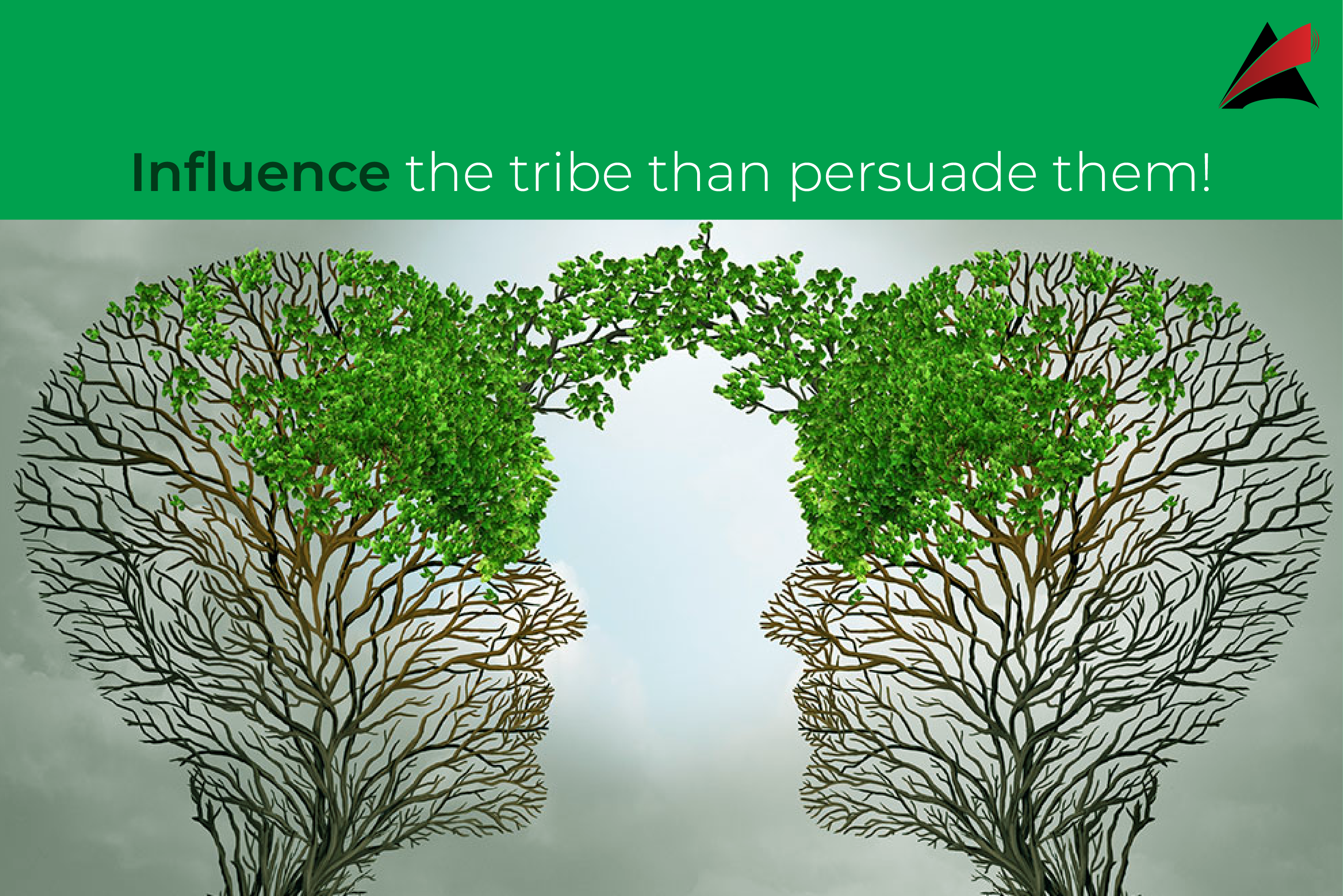The Art of Influence: Why Marketing Strategies Should Focus on Influencing the Tribe Instead of Persuading Them

In the dynamic world of marketing, where consumer behaviour is shaped by a multitude of factors, the concept of influencing the tribe has emerged as a powerful strategy for brands seeking to establish meaningful connections with their audience. Unlike traditional persuasion tactics that aim to convince individuals to buy into a product or service, influencing the tribe revolves around building authentic relationships within a community. Let’s delve into why this approach is gaining traction and how brands can harness its potential.
Understanding the Tribal Mentality
Humans have an innate desire to belong, to be part of a community where they share common interests, values, and beliefs. These tribes can be formed around anything from lifestyle choices and hobbies to cultural identities and social causes. Within these communities, individuals seek validation, support, and camaraderie, influencing their decisions and behaviours.
The Limitations of Persuasion-Based Marketing
Traditional marketing often relies on persuasion techniques aimed at convincing consumers to make a purchase. While this approach can yield short-term results, it often fails to foster long-term loyalty and advocacy. In today’s saturated market, consumers are bombarded with promotional messages, leading to scepticism and distrust. Moreover, persuasion tactics can feel manipulative and insincere, further alienating potential customers.
The Power of Influence Marketing
Influence marketing takes a different approach by leveraging the power of trusted voices within a community to authentically engage with the audience. These influencers, whether they’re social media personalities, industry experts, or passionate advocates, have built credibility and rapport with their followers. By partnering with influencers who align with their brand values, companies can tap into existing communities and leverage their influence to amplify their message.
Building Authentic Connections
At the core of influence marketing is the emphasis on building authentic connections with the audience. Brands that prioritize transparency, honesty, and empathy create spaces where individuals feel valued and understood. Instead of focusing solely on selling products, these brands seek to add value to the community through meaningful interactions, relevant content, and shared experiences.
Fostering Engagement and Participation
Influence marketing goes beyond mere promotion; it encourages active participation and engagement from the community. Brands can facilitate conversations, host events, and encourage user-generated content to involve their audience in the brand story. By empowering individuals to contribute and co-create, brands foster a sense of ownership and belonging, strengthening the bond between the brand and its tribe.
Driving Authentic Advocacy
One of the key benefits of influence marketing is its ability to drive authentic advocacy. When influencers genuinely believe in a brand and its products, their recommendations carry significant weight with their followers. This word-of-mouth marketing can lead to organic growth, as satisfied customers become brand ambassadors, spreading positive sentiments and influencing others within their network.

Conclusion: The Future of Marketing Lies in Influence
As consumer behaviour continues to evolve in an increasingly connected world, the role of influence marketing will only become more pronounced. By focusing on influencing the tribe rather than persuading individuals, brands can create meaningful connections, foster genuine relationships, and drive sustainable growth. In the age of influence, the most successful brands will be those that prioritise authenticity, engagement, and community-building, shaping not only consumer preferences but also cultural norms and values.


